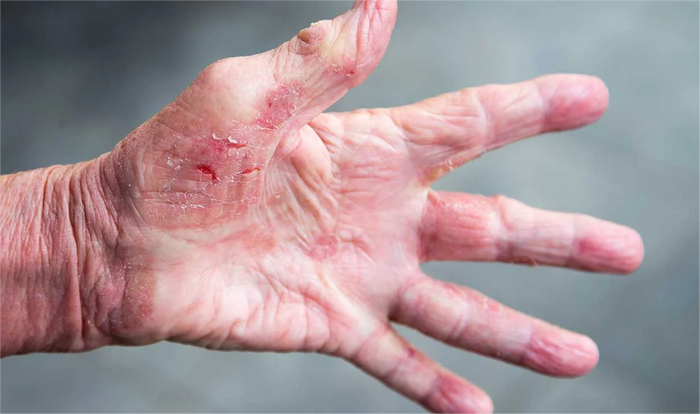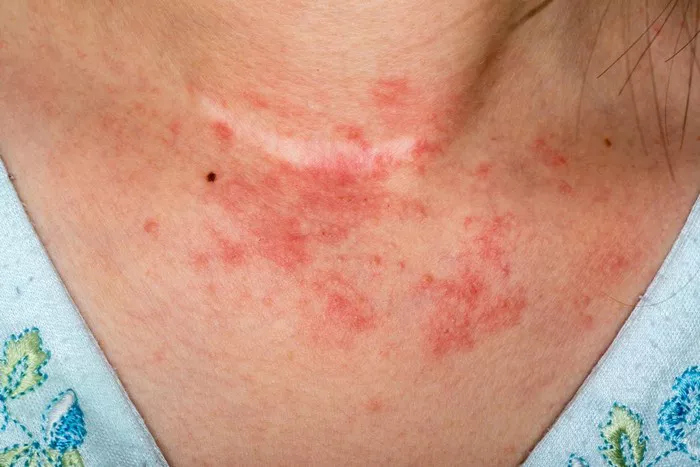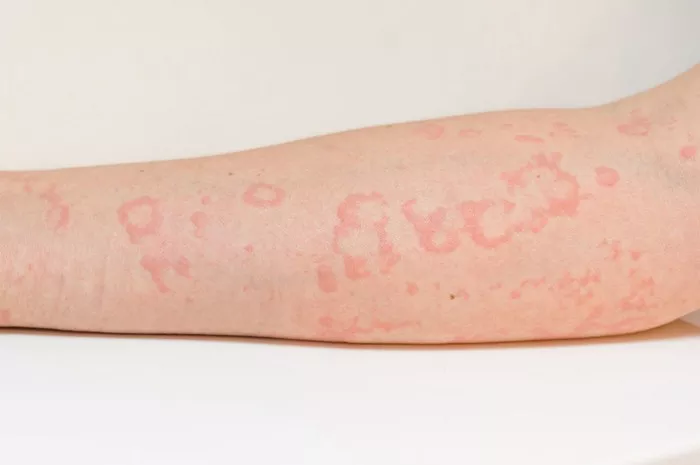Eczema, a chronic skin condition characterized by inflammation, itching, and dryness, affects millions of people worldwide. Among its various manifestations, eczema on the hands can be particularly distressing, as it interferes with everyday tasks and compromises the skin’s protective barrier. Cracked eczema hands, in particular, present unique challenges, as they are not only painful but also prone to infection. Fortunately, with the right approach and consistent care, it is possible to alleviate symptoms and promote healing. In this comprehensive guide, we will explore various strategies and techniques to effectively manage and heal cracked eczema hands.
Understanding Cracked Eczema Hands
Before delving into treatment options, it is essential to understand the underlying causes and triggers of cracked eczema hands. Eczema is commonly associated with a dysfunctional skin barrier, which allows moisture to escape and irritants to penetrate the skin, leading to inflammation and dryness. Several factors can exacerbate eczema symptoms and contribute to the development of cracks on the hands:
1. Environmental Triggers: Exposure to harsh chemicals, extreme temperatures, or low humidity levels can worsen eczema symptoms and lead to skin dryness and cracking.
2. Frequent Hand Washing: While hand hygiene is crucial for preventing infections, frequent hand washing with harsh soaps can strip the skin of its natural oils, exacerbating eczema symptoms.
3. Allergens: Contact with allergens such as certain fabrics, detergents, or skincare products can trigger eczema flare-ups and contribute to skin irritation and cracking.
4. Stress: Psychological stress has been linked to the worsening of eczema symptoms, as it can weaken the immune system and disrupt the skin’s barrier function.
By identifying and addressing these triggers, individuals with cracked eczema hands can better manage their condition and promote healing.
Effective Treatment Strategies
Managing cracked eczema hands requires a multifaceted approach that addresses both the underlying inflammation and the compromised skin barrier. The following strategies have been proven effective in relieving symptoms and promoting healing:
1. Moisturize Regularly: Hydrating the skin is essential for repairing the skin barrier and preventing further moisture loss. Opt for fragrance-free, hypoallergenic moisturizers that contain ingredients like ceramides, hyaluronic acid, or petrolatum. Apply moisturizer liberally throughout the day, especially after hand washing or exposure to water.
2. Use Topical Steroids: In cases of severe inflammation and itching, topical corticosteroids may be prescribed to reduce inflammation and promote healing. However, it is crucial to use them sparingly and under the guidance of a healthcare professional, as long-term use can lead to skin thinning and other side effects.
3. Avoid Irritants: Identify and avoid potential triggers that exacerbate eczema symptoms, such as harsh soaps, detergents, or abrasive fabrics. Opt for gentle, fragrance-free skincare products and wear protective gloves when performing tasks that may irritate the skin.
4. Implement Wet Wrap Therapy: Wet wrap therapy involves applying a moisturizer to the affected hands and covering them with damp bandages or fabric wraps. This technique helps lock in moisture, reduce inflammation, and promote healing. Consult a dermatologist or healthcare provider for guidance on proper wet wrap technique.
5. Try Phototherapy: Phototherapy, or light therapy, involves exposing the skin to ultraviolet (UV) light under medical supervision. UV light has anti-inflammatory properties and can help alleviate eczema symptoms, including cracked skin. Phototherapy may be recommended for individuals with severe or treatment-resistant eczema.
6. Manage Stress: Stress management techniques such as mindfulness meditation, deep breathing exercises, or yoga can help reduce psychological stress and improve eczema symptoms. Additionally, seeking support from friends, family, or a mental health professional can provide valuable emotional support during difficult times.
7. Stay Hydrated: Drinking an adequate amount of water is essential for maintaining healthy skin hydration from within. Aim to drink at least eight glasses of water per day to support overall skin health and hydration.
8. Consult a Dermatologist: If home remedies and over-the-counter treatments are not providing relief for cracked eczema hands, it may be time to consult a dermatologist or healthcare provider. They can offer personalized treatment recommendations and prescribe medications or therapies tailored to your specific needs.
Preventing Recurrence
In addition to treating existing symptoms, preventing recurrence of cracked eczema hands is essential for long-term management. Adopting the following preventive measures can help minimize flare-ups and maintain healthy skin:
1. Follow a Skincare Routine: Establish a consistent skincare routine that includes gentle cleansing and moisturizing. Avoid hot water and harsh soaps, as they can strip the skin of its natural oils and exacerbate eczema symptoms.
2. Protect Your Hands: Wear protective gloves when performing tasks that may irritate or damage the skin, such as washing dishes, gardening, or handling chemicals. Choose gloves made of cotton or other breathable materials, and avoid latex if you have a latex allergy.
3. Avoid Scratching: Resist the urge to scratch itchy skin, as scratching can damage the skin barrier and worsen eczema symptoms. Instead, gently pat or moisturize the affected area to alleviate itching.
4. Identify Triggers: Keep a journal to track potential triggers that exacerbate your eczema symptoms, such as certain foods, environmental factors, or stressors. Avoid or minimize exposure to these triggers whenever possible.
5. Stay Consistent: Consistency is key when it comes to managing eczema. Stick to your skincare routine, take prescribed medications as directed, and follow up with your healthcare provider regularly to monitor your progress.
Conclusion
Healing cracked eczema hands requires a combination of patience, diligence, and personalized care. By understanding the underlying causes of eczema, implementing effective treatment strategies, and adopting preventive measures, individuals can alleviate symptoms, promote healing, and improve their overall quality of life. Remember to consult a dermatologist or healthcare provider for personalized treatment recommendations and guidance on managing your eczema effectively. With the right approach, relief from cracked eczema hands is achievable, allowing individuals to regain comfort and confidence in their skin.
Related Topics:


























